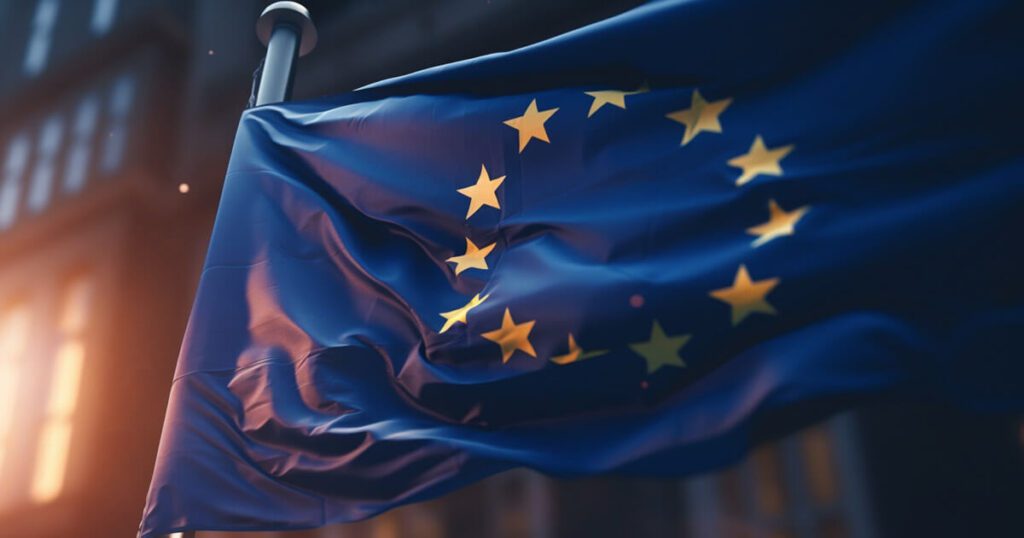Crypto.com announced that it has received approval in principle for a Markets in Crypto Assets (MiCA) license, becoming the first major global crypto exchange to achieve this milestone.
The license will allow the company to offer its services across all European Union (EU) member states under a unified regulatory framework aimed at fostering transparency and stability in the crypto sector.
MiCA, adopted by the EU in 2023 and expected to come into full force in 2025, is the first comprehensive legal framework for cryptocurrencies and digital assets in a major economic bloc. The rules related to stablecoin are already in force.
It establishes clear rules for issuers, asset service providers and operators of stablecoins, with the aim of eliminating regulatory fragmentation across the EU. Key provisions include consumer protection, measures against market manipulation, and detailed compliance requirements for crypto companies.
Eric Anziani, President and COO of Crypto.com, said:
“With MiCA, the EU sets the global standard for crypto regulation. We believe this framework will bring much-needed clarity and transparency to the sector while strengthening trust between consumers and investors. This approval demonstrates our commitment to responsible growth and regulatory compliance in one of the world’s most important crypto markets.
By obtaining this approval, Crypto.com can provide its full range of services, such as trading, staking and payment solutions, across the EU under simplified regulation. MiCA’s harmonized rules will also reduce the complexity of operations across multiple jurisdictions, providing greater consistency for businesses and consumers.
Founded in 2016, Crypto.com serves more than 100 million users worldwide and is a leader in regulatory compliance, security and privacy. The company views the EU as a critical market for crypto adoption and innovation.
The MiCA license approval highlights Crypto.com’s growing global footprint and signals growing institutional confidence in the cryptocurrency sector, as the EU positions itself as a leader in regulating digital assets.




